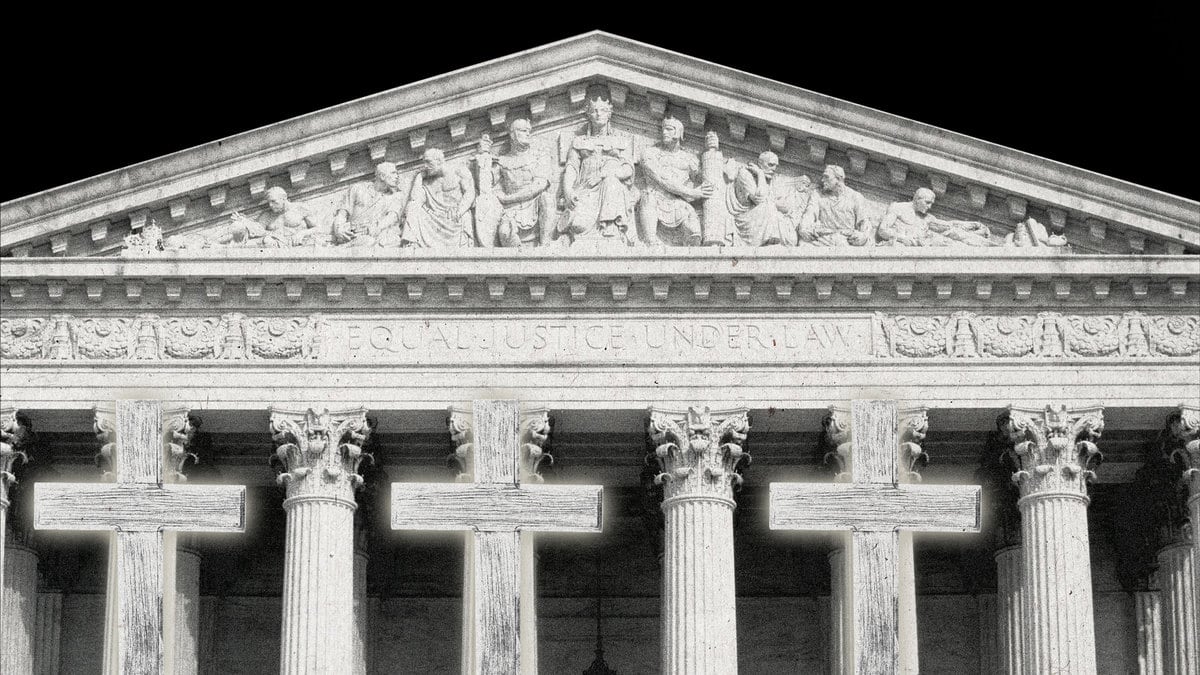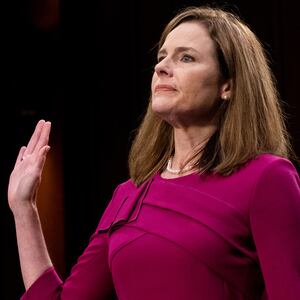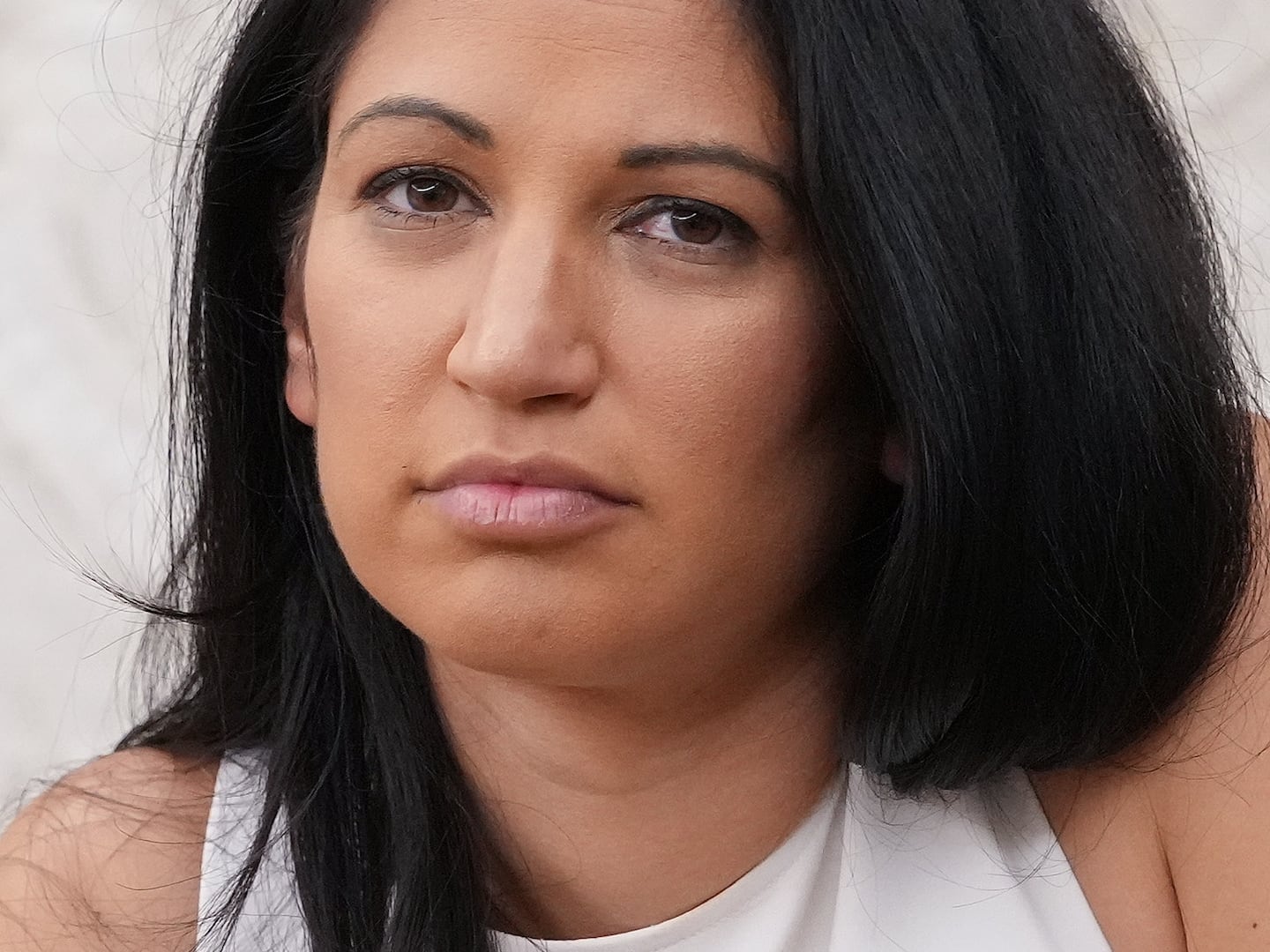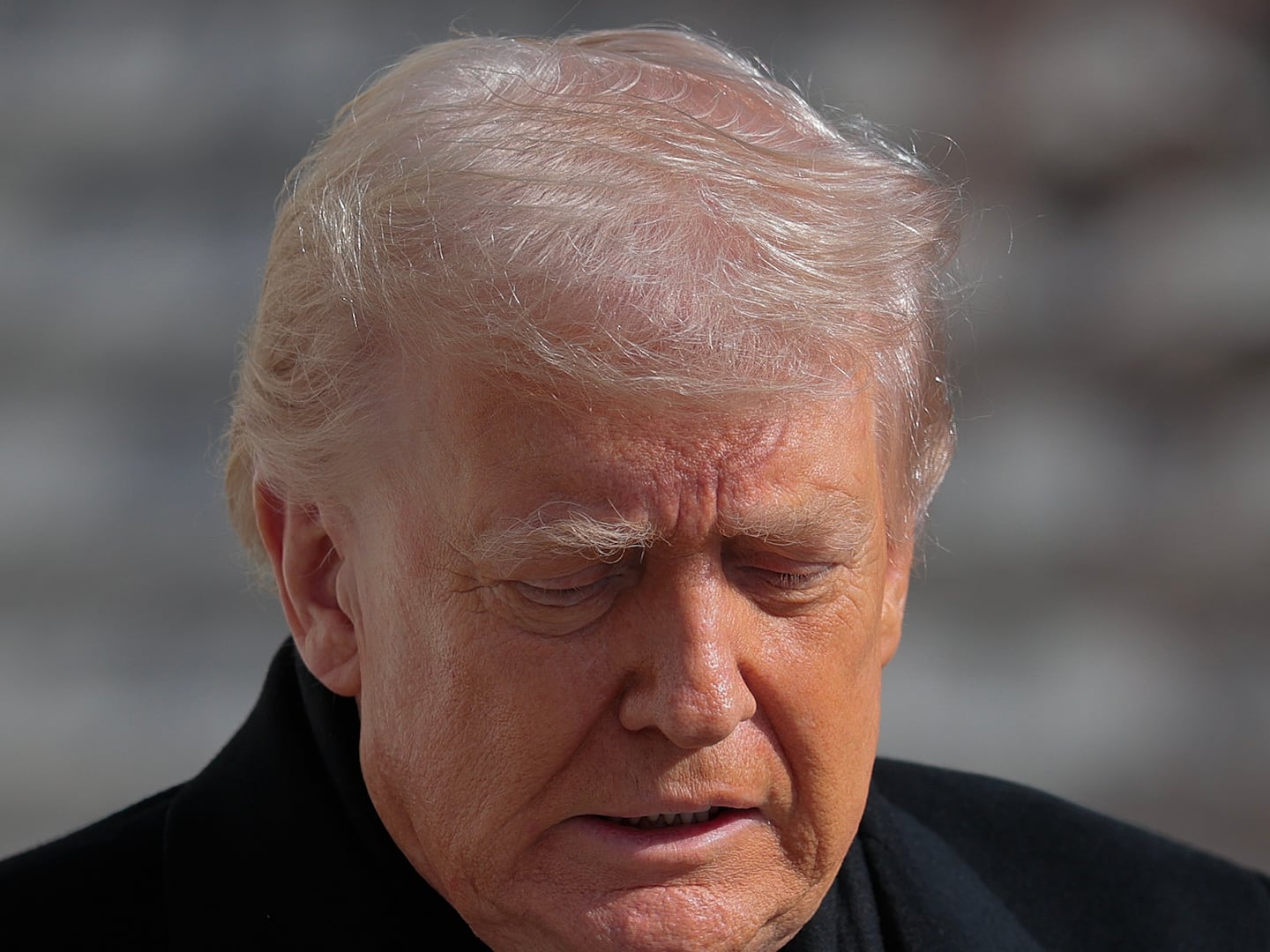The Supreme Court is not accountable to public opinion. But to give you a sense of how out of step this conservative-packed, minority party-packed, and religious extremist-packed institution really is, consider this week’s major case, Fulton v. City of Philadelphia, about whether taxpayer-funded adoption and foster care agencies should be able to discriminate against would-be parents.
A poll released last week says 70 percent of Americans say no. Of course, taxpayer money shouldn’t be given to organizations that discriminate, regardless of those organizations’ religious affiliations. If you take government money, you should play by the same rules as everyone else.
And yet I’ll eat a bug if the Supreme Court agrees.
Why? Because a majority of the court’s members have now been vetted by religious fundamentalists with a pipeline to the White House. And while the public’s focus is understandably on abortion rights, that battle is just one skirmish in a much larger Kulturkampf (culture war, a 19th century German term invoked by Justice Scalia back in 1996) about the relationship between church and state.
Here’s how Justices Gorsuch, Kavanaugh, Alito, Thomas and Barrett (and sometimes Chief Justice Roberts) see the Fulton case, based on their past votes and writings: this is about religious freedom. Never mind the prospective parents—Catholic, gay, Jewish, interracially married—turned away by an agency for religious reasons. The real victim is the agency.
According to this line of thinking, once marginal but now espoused by a majority of the Supreme Court, to participate in the adoption and foster care business, individuals and organizations (and businesses) shouldn’t have to compromise their religious beliefs. It’s wrong for the government to force them to choose between their work and their faith.
But this is all a radical, new redefinition of the First Amendment in particular, and religious freedom in general. Never mind that it’s coming from purported conservatives and originalists. It’s an unprecedented innovation.
“Freedom,” from the Founders to John Stuart Mill to COVID-19, has never meant the right to hurt someone else. I can’t shoot you with a gun and then say my religion says I should do it. My freedom ends where your rights to life and liberty begin.
But not anymore.
In a series of cases, the court has disregarded the harms suffered by third parties, focusing only on the religious freedom interests of the people, organizations, and corporations discriminating against them.
That’s what let the Hobby Lobby company opt out of paying for their employees’ insurance plans if the plans covered contraception. That’s what was at issue in Masterpiece Cakeshop, where a religious baker refused to sell a wedding cake to a gay couple.
And that’s what’s at issue this week.
In fact, Fulton could be the biggest “religious freedom” case of them all, because it may change the standard for how the court evaluates First Amendment cases of all types—making it much easier for religious claimants to win, and for everyone else to lose.
That legal fine print—obviously totally lost at a time when American democracy hangs in the balance—is the phrase “strict scrutiny,” which some lawyers like to call “fatal scrutiny.” That term refers to how closely the court should evaluate a given action—in Fulton, that means Philadelphia’s rule that taxpayer-funded adoption agencies aren’t allowed to discriminate against people.
If the Supreme Court overturns a 1990 precedent, it could adopt strict scrutiny as the standard for religious freedom cases. And that means that any action that affects religious freedom has to be “narrowly tailored” to meet a “compelling interest.”
The consequences are infinite. Anti-vaxxers with religious pretexts. Wife-abusers citing the Bible (Ephesians 5:22 tells women to “submit to your husbands”). Companies refusing to cover same-sex partners’ insurance costs. A thousand Kim Davises refusing to sign same-sex marriage licenses. And of course, corporations whose religious beliefs supposedly forbid the recognition of trans people, as required by last June’s landmark Supreme Court case. If strict scrutiny is applied to these claims, the religious claimants will almost always win.
And gradually, we will begin to live in a country in which religious people do not have to obey the same laws as the rest of us. And in which the people they disfavor—people like me—become second-class citizens, turned away at businesses, denied benefits available to others, denied the ability to live our lives on equal footing to straight people, because everywhere we turn, someone has a religious reason for denying us that equality.
That is why arch-conservative religious fundamentalists have spent so much dark money putting people like Justice Barrett on the federal bench. On a fundamental level, they believe our society is headed off the moral rails. And they don’t want to be part of it.
Is there a way out of our current impasse?
In fact, Massachusetts has shown the way. In 2006, in the wake of that state passing marriage equality, Catholic Charities—then the largest adoption agency in the state—stopped providing adoption services. For a time, there was chaos and confusion. But eventually, other agencies, religious and secular alike, came in to fill in the gap. Catholic Charities didn’t have to violate its religious tenets, and gay people in Massachusetts didn’t have to be treated like second-class citizens. Today, there are plenty of adoption providers in Massachusetts, and Catholicism is doing just fine.
That is obviously the answer in Philadelphia, and around the country. If your religious beliefs prohibit you from playing by the same rules as everyone else, just pull out of the game. God knows, there are many other urgent needs in our society.
As reasonable as that may sound, it’s not going to happen. Because the justices of this Supreme Court have been hand-picked not to ensure not equality, but what some legal scholars have called “religious privilege”: the categorical preference of one party’s constitutional rights over those of others.
That’s what Fulton is about, and one of the reasons Republicans raced so hard to stack the court to hear it.







